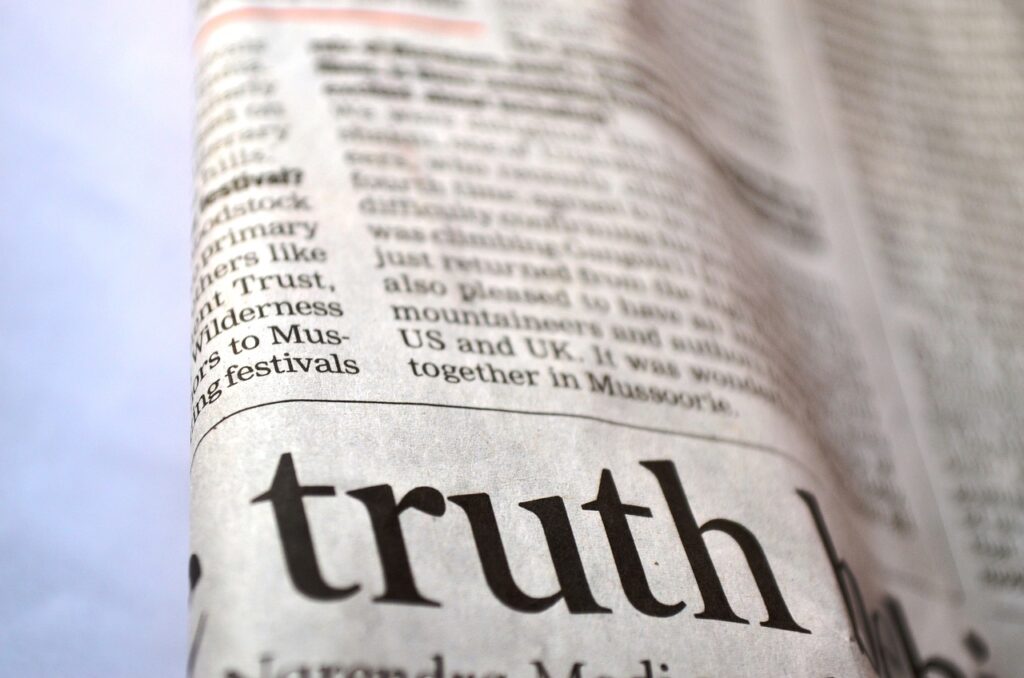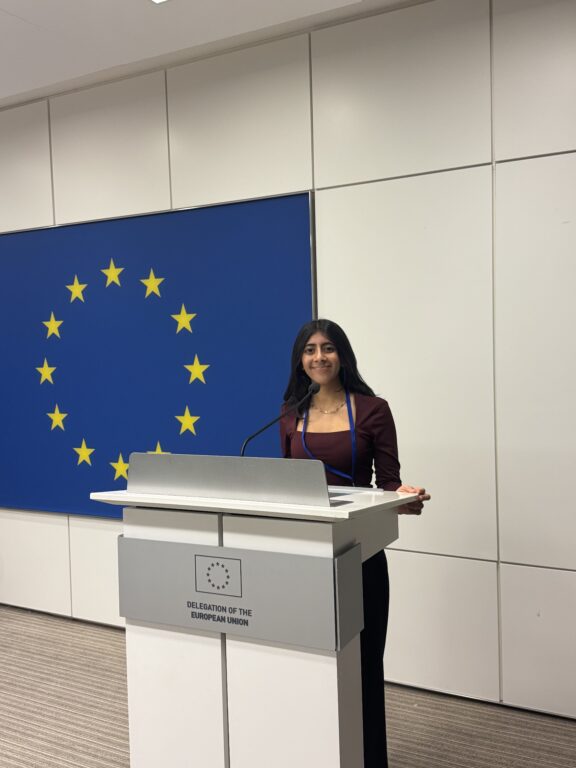By: Emma Burd – 2023 Summer Intern
In a world increasingly interconnected by technology and social media, freedom of expression has emerged as both a powerful tool and a contentious issue. It is essential that we recognize and cherish the fundamental right to free speech, for it is the cornerstone of American democracy. While concerns over the spread of misinformation and hate speech are valid, the solution lies not in suppressing speech but in fostering critical thinking, robust dialogue, and a commitment to the principles of free expression.
In a rapidly evolving digital landscape, where ideas can spread at unprecedented speed and scale, the preservation of free expression is paramount to a thriving democratic society. Embracing the right to freely express diverse viewpoints not only encourages the exchange of knowledge and perspectives but also fortifies the fabric of our collective identity as a nation. Acknowledging the potential risks posed by misinformation and hate speech, we must not resort to curtailing speech as a knee-jerk response. Instead, we should invest in bolstering media literacy, promoting fact-checking, and encouraging open debates that allow conflicting ideas to be scrutinized and refined. By cultivating an informed and engaged citizenry, we can better navigate the complexities of the digital era while upholding the principles that underpin our cherished freedom of expression.
Despite the valorization of freedom of expression, it is imperative to recognize the valid concerns surrounding its unrestricted application in the digital age. The unchecked proliferation of misinformation, hate speech, and harmful content on social media platforms pose significant risks to society. While open dialogue is indeed essential, it cannot be denied that certain forms of speech can incite violence, discrimination, and undermine the very fabric of our democratic principles. The unfettered dissemination of falsehoods can erode public trust in institutions and sow division among communities. Furthermore, the unequal distribution of influence and resources on these platforms can lead to the amplification of harmful voices, drowning out marginalized and minority perspectives.
To ensure a more inclusive and responsible society, there must be a balance between freedom of expression and the safeguarding of the public welfare. Measures such as content moderation, fact-checking, and targeted interventions to address hate speech are necessary steps in the pursuit of a healthier digital ecosystem where the value of free speech is preserved while mitigating its potential drawbacks.
In conclusion, navigating the complexities of freedom of expression in an interconnected world demands a thoughtful and nuanced approach. While freedom of speech is undeniably a fundamental right that underpins the essence of democracy, it must be complemented by a commitment to responsible discourse and a recognition of its potential consequences. The key lies in striking a delicate balance between fostering open dialogue and actively addressing the challenges posed by misinformation and hate speech. Emphasizing media literacy, critical thinking, and fostering an informed and engaged citizenry will empower individuals to discern between reliable information and harmful falsehoods. In tandem with targeted interventions by platforms to curb the spread of harmful content, we can create a digital space that promotes diverse perspectives, safeguards public welfare, and preserves the sanctity of free expression.
By standing firm in our dedication to upholding democratic principles, while simultaneously evolving to meet the demands of the digital age, we can forge a society where freedom of expression thrives in harmony with the collective well-being of all its citizens.
Emma Burd wrote this opinion piece while interning for the World Affairs Council of Harrisburg & PA Media Group.




